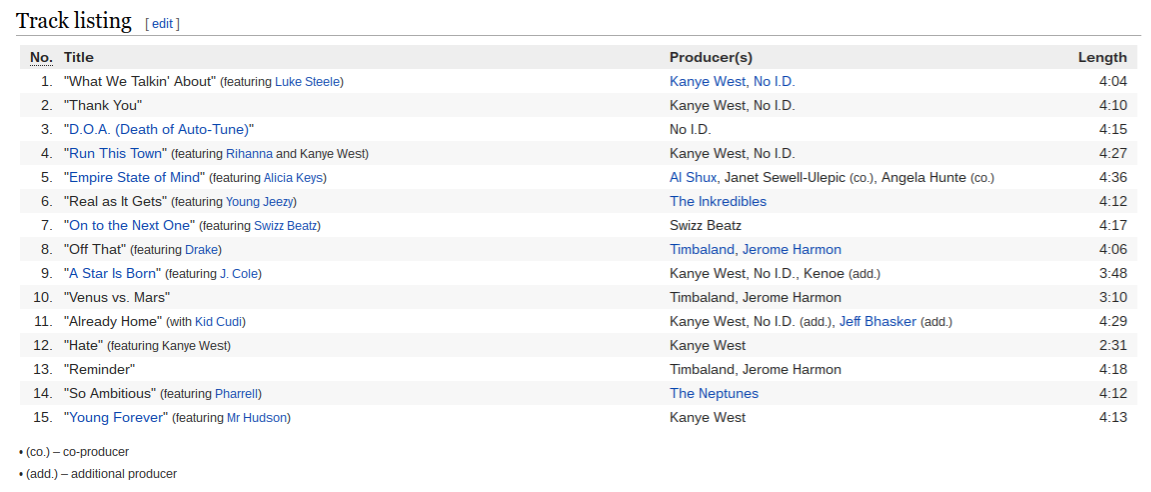So last week, the hot Shakespeare news was the announcement by the Oxford University Press that their New Oxford Shakespeare series would include updated authorial credits based upon recent scholarship. The news release previewed these updates with an attribution for the three Henry VI plays to Christopher Marlowe, with an accompanying announcement that 17 of the now 40 plays that Oxford feels Shakespeare played a part in composing had other writers involved as well.
I’ve been asked on a number of occasions in the last two weeks about my take on all this…
And?
I think it’s great. I love the fact that they used a mixture of scholarly expertise and some “big data” crunching. Using what is called “word adjacency network” analysis, University of Pennsylvania School of Engineer and Applied Science information scientists found similar linguistic fingerprints between some of Shakespeare’s plays and those of other credited writers of the period.
For those interested in the science, this article from U of Penn does a great job of describing the methodology, which I find sound (that this touches upon my tech-lovin’ geek side, I’m sure, makes this an easier pill to swallow).
But doesn’t this dilute Shakespeare, some argue.
Well, I guess that depends on how you look at this. If you’re invested–intellectually or emotionally–in the Bard of Avon as a person, a playwright…then yes, sure, this is a blow, especially if it comes to pass that the sections newly attributed to others are the ones that we appraise as being the higher quality content within the plays in question.
However, if you’re invested in the plays themselves, I think this news diminishes their stature not at all. Even the text we see today as Shakespeare is a modification, an editorial creation, so the attribution of a play really doesn’t make that much of a difference.
At least, not to me.
I guess that makes me more of a member of the “Shakespeare-academic” complex than a Bardolator.

I love the thought of Shakespeare as a collaborator! For me, thinking of Shakespeare as a working writer with mentors, students, and colleagues and not some isolated genius who sprang into the world fully-formed and impervious to influence makes him seem more human. And in an ironic way, that very humanity makes his achievements all the more miraculous. (Plus, just imagine what Marlowe might have attained if only he’d managed to escape his premature “great reckoning.”)
Jean,
I love your take on this. It makes me think of some of the major current pop wordsmiths… those working in the hip-hop and rap arenas. So many songs from those genres are collaborations check out

the track listing from Jay-Z’s The Blueprint 3…
The First Part of Henry the Sixth (with the death of the Duke of York) by William Shakespeare (feat. Christopher Marlowe).
Extra bonus points for Willy Shakes choosing a collaborator with street (dead) cred…
You’re right, it totally makes him/them (and by extension us, by the case of us helping “create” the play every time we read it) more human.
Thanks for being open-minded about authorship. And thanks for including links to the websites of some of us authorship skeptics. We love the works of Shakespeare, despite the slander that we are “anti-Shakespearean” or even (God forbid) “bardicidal.” We love the works of Shakespeare so much that we want to find out for sure who wrote them.
“Bardicidal” … I LOVE that!
Yes, a little over the top, isn’t it? Just like a cornered animal, the Stratfordians can get nasty when they feel threatened.
Naturally, it’s not the author of Shakespeare’s works we want to “kill.” Just a bogus theory as to his real identity.
now, now, play nice…
😉